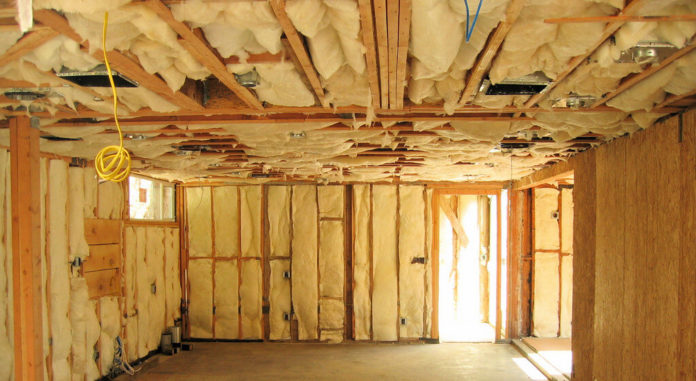Buying a house of your dreams is an exciting process that requires you to make different decisions. You would like to have a safe and secure neighborhood, so you can enjoy a great time without facing any hassle. Good schools with convenient facilities will also be among your top priorities. But one of the key features that you cannot afford to ignore is the HVAC system of the house.
HVAC systems hold special significance to run your home correctly. It decides how you will stay warm in winters and cool down the entire house in summers. Any wrong decision can cost you extra money for repairing or replacement of the system.
Here is a complete guide that will help you check your HVAC system properly while buying a new house.
Evaluate your HVAC System
You need to start with the inspection of your HVAC system when you begin house hunting. Carefully analyze the system and look for any strange sound such as hissing or clanging that identifies a particular problem. Also, look for the cracks, rust, and strains that can harm your HVAC equipment.
You may also ask the homeowner for the HVAC maintenance record to take an idea about the system’s past performance. If it is 10 or 15 years old, then it requires an upgrade. It depends on your needs and budget, whether you need an older home or a newly designed home. Negotiate for the HVAC system’s price if you want to buy a home with an HVAC installation.
Assess the Ductwork
While examining the HVAC system, you have to make sure that the ductwork is in perfect shape. Properly check for gaps or loose connections in it. If they look dusty, then it means that the owner has given no attention to their maintenance. You have to upgrade the HVAC system once you move into a new home in such a situation.
Suppose a homeowner has made suitable investments in improving the indoor air quality like an air purifier. In that case, it will be your good luck. Also, check the air filters of your HVAC equipment as it is one of the vital parts. Consider fixing the 20x20x2 Glasfloss as it is the standard size and delivers the best performance to remove all air impurities. It will also play a central role in boosting the airflow in the house.
Check the Insulation
Another critical point that you should consider for HVAC systems is the insulation of your home. Ask the homeowner about the house’s insulation, what type of insulation they have, and how long they have it. If new insulation is not there in the home for years, it can cause drafts and leaks. Such rooms make it difficult for the HVAC system to cool and heat the house properly. It puts pressure on the HVAC system to consume more electricity, costing you more money.

Find Out the Age of System
Once you know the HVAC system’s age, you can have a useful insight into how long it has been running. On average, the HVAC systems can work effectively for around 10 to 15 years. You cannot ignore this critical factor because you may have to replace the unit if you are buying an older home shortly.
If the system has issues such as cosmetic damage, it can affect the system’s efficiency. In such scenarios, you can ask the seller to get it fixed or replace it.
List Down all the Issues
Finally, you need to list down all the issues that you observed in the HVAC system. Suppose you have seen that the HVAC system at home is continuously making banging noises. In that case, it indicates an already existing issue. Another issue you can see is the decay or rust present on HVAC units. You need to note down all the problems you observed during the HVAC inspection and discuss them with the homeowner or your real estate agent.
Once you know all the system issues, you can negotiate about the price of a home. You may also ask the seller to rectify the problems, so you need to make all these points clear from your side.
Conclusion
Buying a house involves various factors, and HVAC systems are one of them. People put their lifetime earnings and investments to buy a home, so it’s better to invest your money in the right place at once. Proper inspection of HVAC systems will help you in making better decisions and save money. Hopefully, the above-explained points will help you choose the right HVAC system for your new house.






